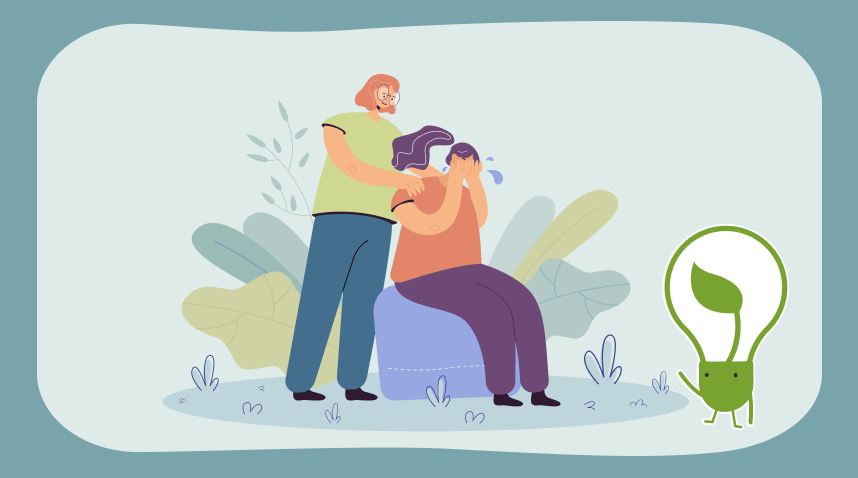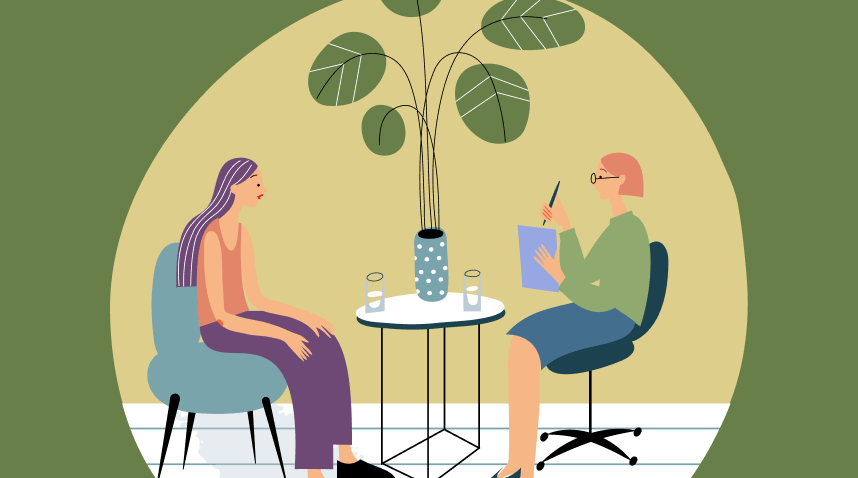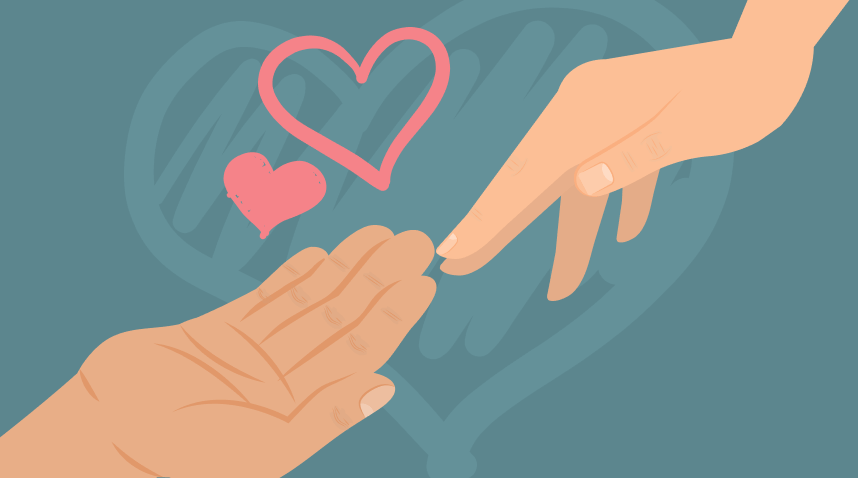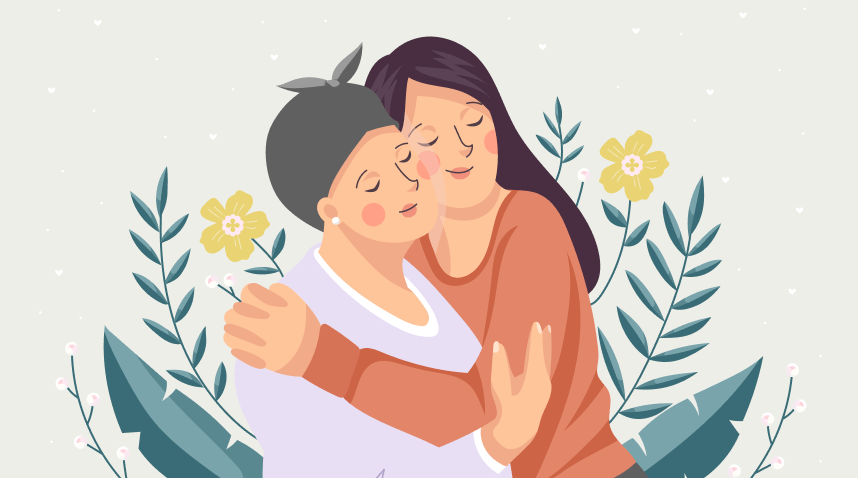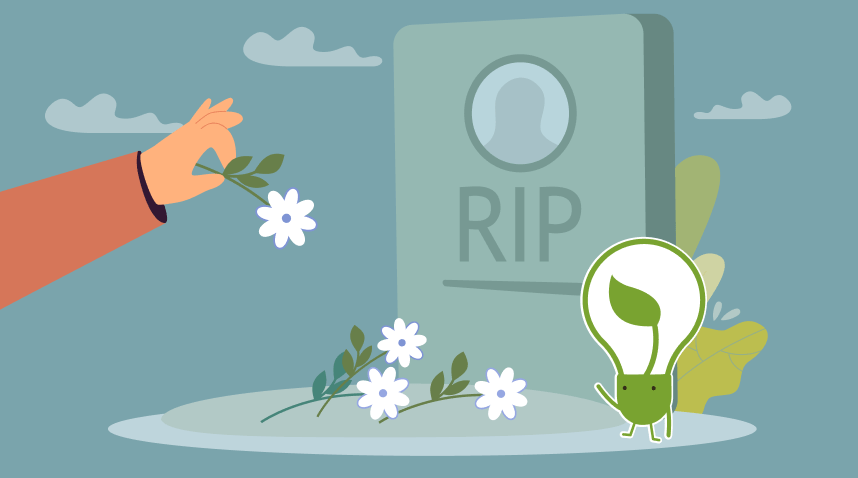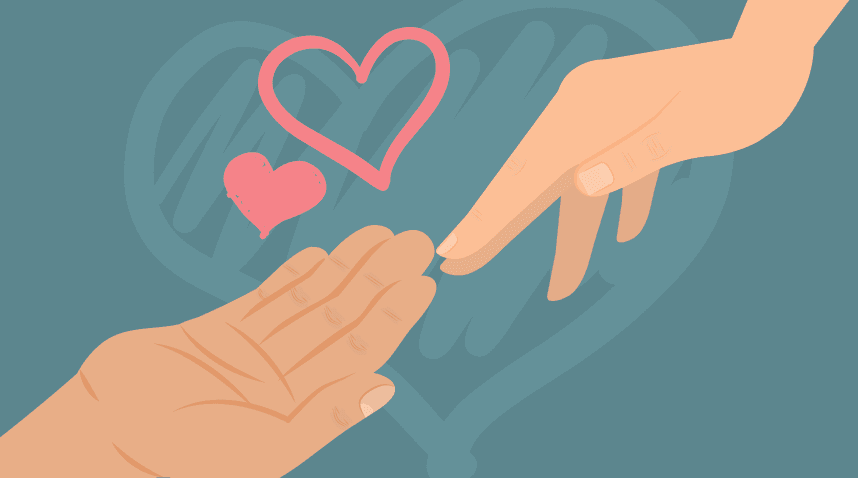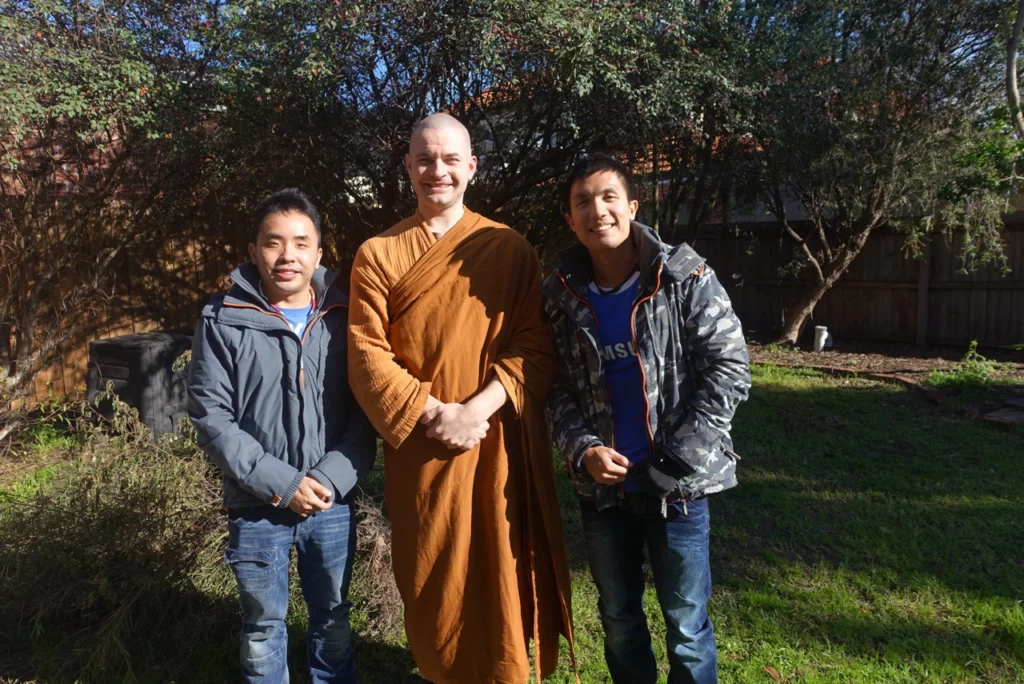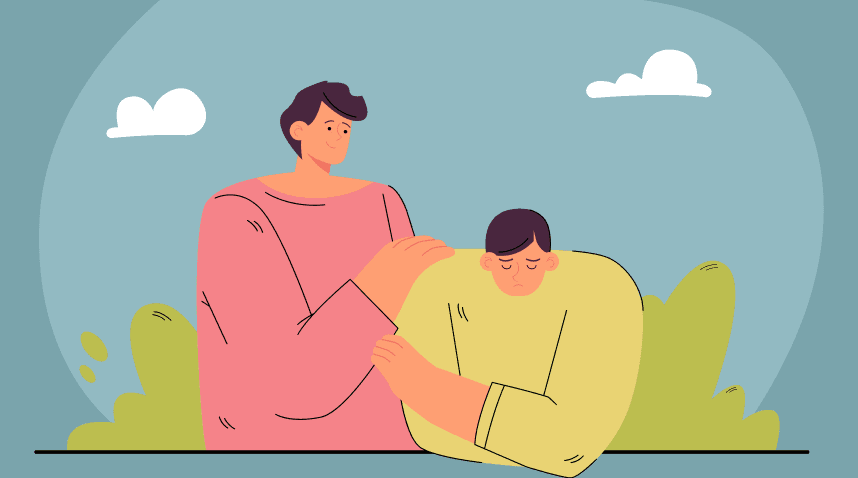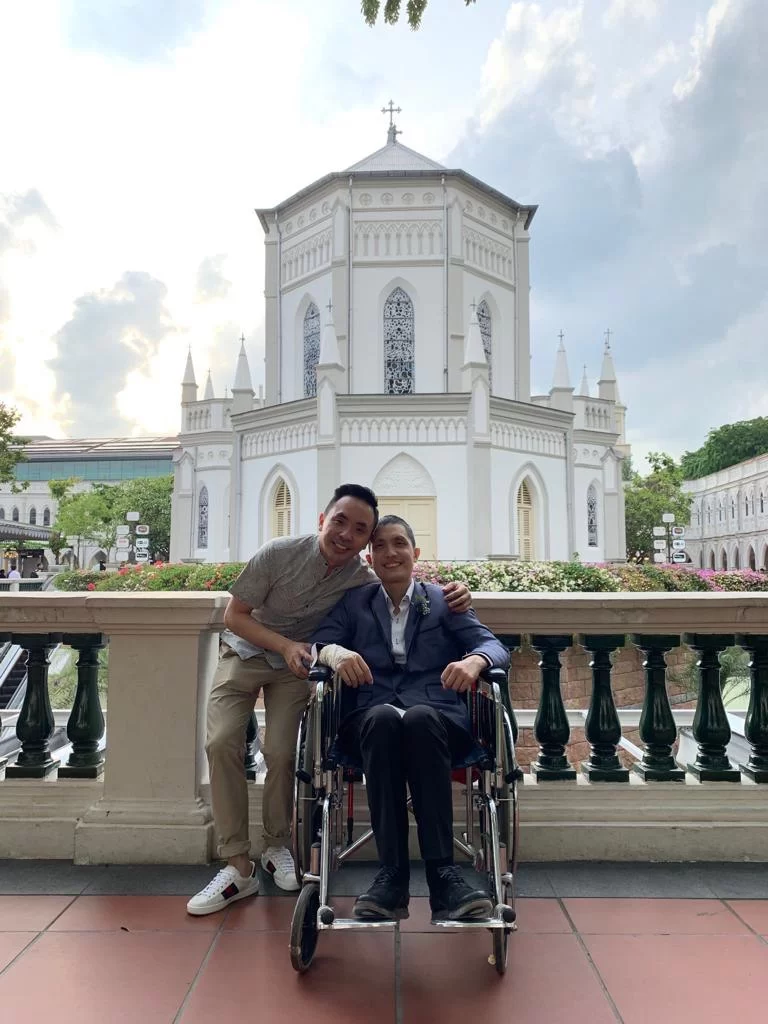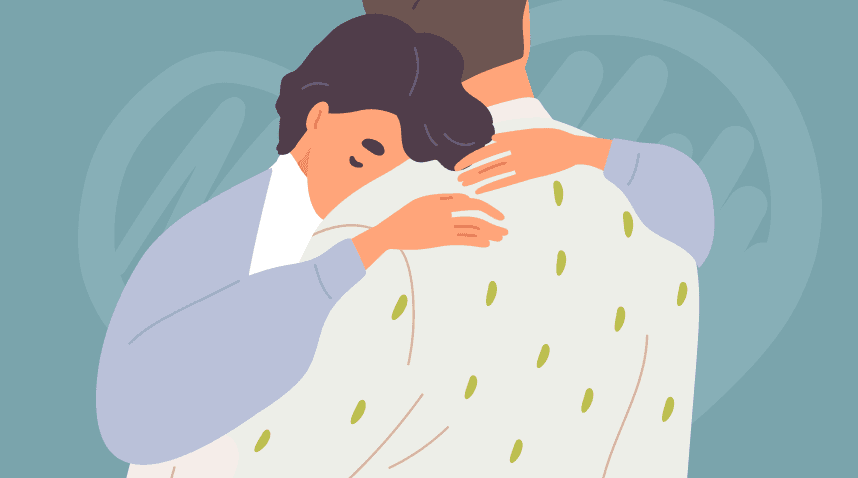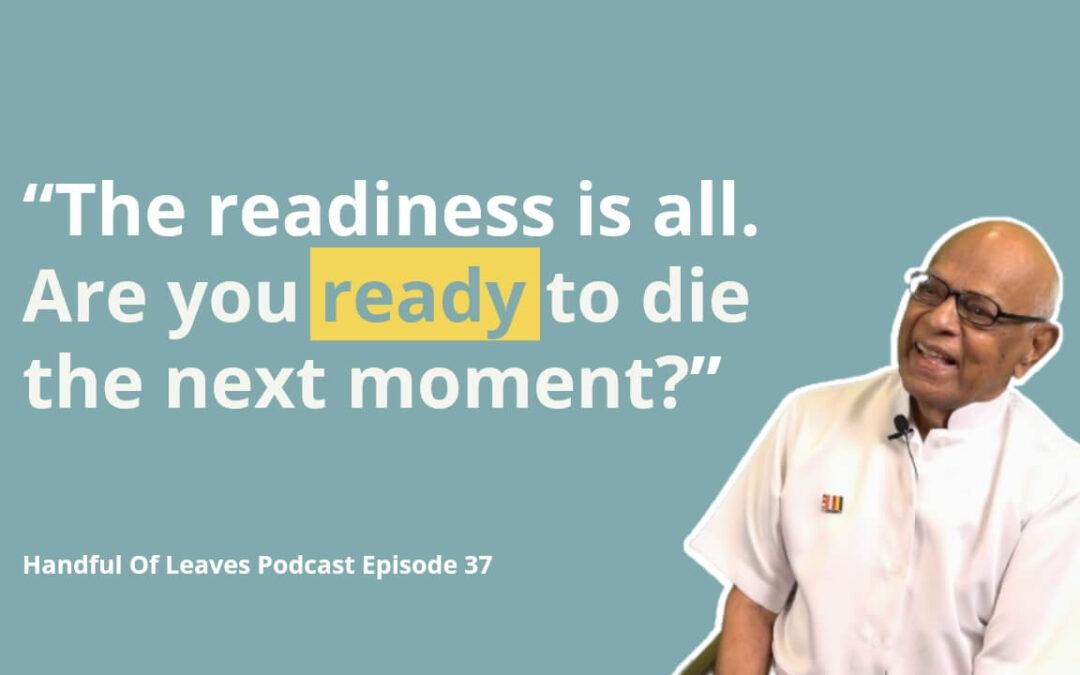Vijaya Samarawickrama, fondly known as Uncle Vijaya, is a respected figure within Buddhist communities, delivering countless inspiring Dhamma talks at universities, schools, and Dhamma centers throughout Malaysia, as well as in Singapore and Australia, spanning over six decades. In addition to his speaking engagements, he held the role of Patron at the Sasana Abhiwurdhi Wardhana Society in Kuala Lumpur and served as the Chairman of Nalanda Institute’s Education team. He represented Malaysia in various Buddhist conventions and conferences, both locally and internationally. He has authored over a dozen booklets, with more than 150,000 copies distributed worldwide. Before his retirement, he held the position of a senior lecturer at Universiti Teknologi Malaysia and worked as a lecturer in Drama and Theatre, Public Speaking, and World Religion at Taylor’s University American Degree Program.
Uncle Vijaya’s journey began with early losses, losing his parents during World War II and the communist insurgency. His acceptance of these circumstances reflects a philosophical perspective on life and death. He emphasizes the inevitability of death, quoting Shakespeare, “Death, a necessary end will come when it will come.”
From the death of his parents at a young age to the recent losses of siblings, Uncle Vijaya shares how his perspective on death evolved. Overcoming the “Why Me?” syndrome, he embraces a philosophical approach, recognizing the transient nature of life and the importance of being prepared for the inevitable.
Uncle Vijaya delves into the Buddhist perspective on death, emphasizing the present moment’s significance. He quotes the Kālāma Sutta, highlighting the Buddha’s teaching on doing good for the sake of a good mind, rather than seeking rewards in an afterlife.
Addressing the common fear of death, Uncle Vijaya guides listeners to focus on the present moment. He encourages cultivating a good mind by following the five precepts and purifying the mind from defilements. The readiness to face death lies in being mindful and living a meaningful life.
Uncle Vijaya introduces the four Brahma Viharas as essential practices for creating well-being. He explains Metta (Loving-Kindness), Karuna (Compassion), Mudita (Altruistic Joy), and Upekkha (Equanimity) as tools to transcend selfishness and cultivate happiness within.
Contrary to misconceptions, equanimity (Upekkha) doesn’t imply emotionlessness. Uncle Vijaya clarifies that the Buddha, while displaying equanimity, had his emotions under strict control. Equanimity involves maintaining compassion without personal attachment, as exemplified by a surgeon performing a critical operation.
Uncle Vijaya advises empathy over preaching when someone is grieving. He emphasizes the importance of physicalizing pain through communal rituals, acknowledging the wisdom of funeral rites in helping individuals come to terms with loss.
Click here for the transcript
[00:00:00] Cheryl:
Welcome to the Handful of Leaves podcast episode. Today I have with me, Uncle Vijaya dialing in from BGF KL. Welcome Uncle Vijaya.
[00:00:10] Uncle Vijaya:
Thank you, Sukhi Hotu (May you be well and happy).
[00:00:13] Cheryl:
Very lovely to have you here. Today we will be talking about love, death and dying. A quick introduction about Uncle Vijaya. He is a prominent figure in the Buddhist circles, having given more than 100 talks in universities, schools and Dhamma centers for the last six decades. He’s also a longstanding member of the Sasana Abhiwurdi Wardhana Society in KL, as well as the Nalanda Institute. Uncle Vijaya has represented Malaysia in numerous Buddhist conventions and conferences, both locally and abroad. And he has also given numerous inspiring Dhamma talks throughout Malaysia, Singapore, and Australia. So very honored to have you here, Uncle Vijaya.
[00:00:58] Uncle Vijaya:
Thank you for calling me.
[00:01:00] Cheryl:
Thank you. This is a very challenging topic on death and dying. Would you like to open and share with us about your personal experiences with loss?
[00:01:12] Uncle Vijaya:
Ah, personal experience with loss. Yes. But personal experience with death, not yet. I’m now 83 years old. So I’ve seen lots of people come into my life and a lot of people leaving. Yeah. And it doesn’t surprise me. Only this year, I lost two sisters. One sister died in January, just this year. And the other sister died in February in Singapore. Since I’m talking about being 83 years old, I lost my parents at a very, very young age. I was only six years old when my mother passed away just after the Second World War. So she was actually a victim of the deprivations that we went through during that time.
Then soon after that the communist insurgency took over and my father was killed by the communists when I was 12 years old. So, I’m no stranger to death. And it did affect me in a lot of ways, but the moral of the story is in the end we survived. It was difficult, I could have been bitter about it, could have blamed a lot of other people. But from my vantage point now, I’m saying, well, that’s the way kamma works. So I’m ready for the worst.
[00:02:41] Cheryl:
Thanks for sharing. I’m very curious to know from the first death that you experienced at six years old and just this year at 83 years old, how has your perspective changed in terms of accepting this death of your loved ones?
[00:02:56] Uncle Vijaya:
I think the word that comes to mind is philosophical. It’s something that, when I was younger, I resisted. And the “Why Me?” Syndrome. Why should I have to suffer this kind of thing? But as you go through life, and you see people dying at every stage of their own lives from very young to very old, and it is something that happens to everybody. What’s flashing through my mind is Shakespeare, where Julius Caesar says, of all the wonders that I have yet heard and seen, it seems to me most strange that men should fear seeing that death a necessary end will come when it will come. When I learned that I was in form five, so I was about 15, 16 years old. It didn’t mean what it means today to me. When it comes, it will come. You just have to be prepared for it. That’s what the Buddha says all the time. Death is not something you can predict. You can design, you can create. When it happens, are you ready? Then again, it’s not so much the fear of the actual act of dying, but what happens after that? Where will I go? What will I do?
And in the Kālāma Sutta (AN 3.65), the Buddha has a beautiful teaching on that. How do we approach death? How do we regard death? What will happen when I die? There are those who believe that when I die, I will either go to a heaven or to a hell. So what is my reason for doing good? My doing good is to book a place in heaven, but the Buddha says, what if you spend your whole life and it’s still fun being good, and you make so many sacrifices and you work so hard trying to be good all the time, hoping that when you die, you will go to heaven. Okay. You will go to heaven. Then the Buddha asked, what if you do all of this and then you die and you find there’s nothing out there. If there is a heaven, well and good. Even if there is a hell, well and good. What if there is no heaven, no hell.
Then the Buddha says, that’s not the reason we are good. We don’t do good in order to get that reward in heaven or that punishment. We do good because in this life, good is rewarded by good states of mind. So I live this life. Yeah, basically following the five precepts, the basic minimum, all right, I do that. And always in the knowledge that as I go through this life, I am not creating problems, I’m not running away from problems. I’m spreading happiness. I’m spreading well-being. And that itself is my reward. If there is a heaven, I accept that reward. If there is no heaven, I have not lost anything in this life. This is the Buddhist reason for being good. The Buddha doesn’t base his teaching on something that cannot be proven. Heaven and hell cannot be proven. Another life cannot be proven. The Buddha says don’t waste your time worrying about those things. What is important is the now, to be ready.
Again, we go back to Shakespeare, the fear of death. In Hamlet, there is a special providence in the fall of a sparrow. Every life, every death. There is a reason. There is a moment. We are thinking of the fear of death. We are afraid that we will die. If we die now, then don’t worry. Because you don’t have to worry tomorrow. You’re already dead. You see? Yeah. So if it be now, it is not to come. If it is not to come, it is now. If it be not now, yet it will come. If it be now, whether it’s now or future or never, it will come. Then comes the lovely line, Buddha’s line, Buddha would approve. The readiness is all.
In Buddhism, we always talk about the present moment. At this moment of time, am I ready to die at the next breath? Are we ready? It’s as simple as that. Don’t worry about heaven, hell, preparation for funerals. We can talk about that. After that, you go alone. The only thing that can follow you is your kamma. Your good kamma, or your bad kamma. That’s your relative. That’s your friend. That’s your inheritance. That’s the only thing you take away with you. But in the meantime, the readiness is all. Are you ready to die next moment?
[00:08:29] Cheryl:
How can we be ready? Because I feel like for most of us, we are very busy. We are very stressed. We are never really in the present moment. And we really just try to pretend that death doesn’t come to us, especially when we are still young.
[00:08:43] Uncle Vijaya:
Yeah, but the Buddha says you look all around you. It’s happening to you all the time. That’s why we say of the best realms to be born in is this human realm, because in this human realm, you don’t have a fixed lifespan, where you can say, Oh, I have 40,000 years to live like you can in the deva world. You can never predict. You can never tell what will happen. Nobody needs to tell you that. Your existence in this world, you are going through the experience. People are dying in front of your eyes. Some dying at the age of a few months. Some dying when they’re 90 years old, some waiting to die, cannot die. And then we see all of that happening all around us. We don’t need the Buddha to tell us that. And the Buddha keeps saying, use your own eyes, experiential. And how can you then say it won’t happen to me? How can you then say it won’t happen to me tomorrow? Use your human intelligence. Don’t believe whatever people tell you, don’t believe what the scriptures tell you. Okay. Use your own eyes. This is the Buddha’s teaching. So you are young, that’s denial. Denial is different from not seeing the truth.
So the readiness is all back again. And then the Buddha says all the time, don’t worry about tomorrow because it’s not come yet. Don’t worry about yesterday. It’s already gone. All that you have over which you have control is this life, is the now. It is this present moment that you can control. You can’t control anything else. When you know that, then you say, okay, what do I do to make this present moment meaningful? And the Buddha has a teaching for that. He says to make this moment meaningful, do good, avoid evil, purify the mind. Purify the mind, get your mind clear of lobha (greed), dosa (hatred), moha (ignorance). Ignorance, greed, and hatred. These are the things that are eating at us. These are the defilements. Those three, remove them, remove them. Make sure you destroy your illusion. Don’t pretend that there is a real person here. Sitting down here. How do you understand that? What do you understand by me, I, self? What does that mean? When you understand that, when you see what composes you, then your hatred, your attachment, you stop holding on, grabbing. And because when you grab, you suffer. When you let go, you are free. All these negative states, get rid of (them). Full-time job. Full-time job. Okay?
So do good, avoid evil, easy. Five precepts. But that’s not enough. If all it takes to be a good Buddhist, do good, don’t kill, don’t steal, don’t commit sexual misconduct, don’t tell lies, don’t take drugs. If that is all that it requires, my dog is a very good Buddhist. My dog doesn’t kill. He doesn’t steal. Well, the other one, I don’t know. The dog doesn’t tell lies. And has he ever smoked a cigarette? But what’s the difference? We are Manussa (human). Manussa (human), that which has a mind that can be developed. Do good, avoid evil, purify the mind. That’s the difference between us and the dog. And that’s the opportunity we have. What does the purification of the mind mean? Get rid of your delusion. Get rid of your greed. Get rid of your aversion. You get these three, you are living in a state of happiness and peace here and now. So while I’m in that state and I die, it stands to reason that state will continue into the next life. So I go to heaven, heaven. So the Buddha says it’s very easy. Don’t worry about heaven. Be in heaven now. Yeah.
Which brings us to the next point, be in heaven now, how do you do that? Buddha has the answer. He says we follow the four Brahma Vihara, the four states of well-being, the four states of happiness, Brahma Vihara, Brahma in Hinduism is heaven, is God. Vihara, a dwelling place. Where God dwells is heaven. The Buddha says, you don’t have to die to go to heaven. You create the conditions of heaven here through Brahma Viharas. Metta (Loving-Kindness), Karuna (Compassion), Mudita (Altruistic Joy), Upekkha (Equanimity). Remember, it’s all in the mind. Metta is the state of well-being, the state of feeling good about yourself, and radiating that feeling of goodwill, of love, of unconditional love towards all that exists. Not fellow humans, not fellow Buddhists, anything that breathes.
If you can have that feeling of love and contentment, you don’t need to go to heaven to be happy. You are happy here and now. And if in that state you die, you are automatically born into a good world. It’s not work or trying. It’s just creating the condition, creating the condition, that’s being Buddhist. Okay. Don’t worry about others. Don’t point fingers at others and say, they don’t do this, they don’t do that. You know, they’re stupid. We are clever. No, worry about your state of mind. So you have Metta. Metta is where it is sort of unilateral. It just spreads all over. You don’t choose. You don’t pick whom you love and whom you don’t. That’s Metta.
[00:15:47] Cheryl:
But I find that Metta is very counterintuitive because a lot of times we place conditions on why we love, what we love, who we love.
[00:15:57] Uncle Vijaya:
That’s why we have this word, unconditional love. As a mother loves her only child, so do I spread this feeling of happiness, goodness towards all beings. Buddha doesn’t stop there. Two legged, four legged, no legged, moisture borne, womb borne. He covers everything that breathes. So if you say, I only love my son. No, no, no, that immediately disqualifies. Immediately because at the end of all of this, you are working towards destroying your illusion that there is an “I” in here. The process is to kill the ego.
[00:16:47] Cheryl:
Just to tie this back to your own experiences of losing your parents, because they were victims of World War II and the communist insurgency. How did you, if you ever develop Metta for the people who harmed your parents?
[00:17:03] Uncle Vijaya:
At that point of time, and even today, I think I don’t see a connection between what happened to my parents and what happened in the world. My parents had to follow their own kamma, and I had to follow my own kamma in that I had to be born through them. That was part of my kamma. I accept that. In spite of the earlier childhood, thanks to the fact that I had an Uncle and an Aunt who adopted me and educated me, after that, I went on my own. So whatever pleasant situation I’m enjoying now was partly that I didn’t surrender to it. But at the same time, I didn’t waste time on self-pity. That’s important. And Buddhism taught me that from a very young age. This is okay. Somebody else is happier than me. Okay. Which brings me back to Metta.
Karuna is where you feel compassion to somebody who is not as well as you. I’m doing well. I mean, during tsunamis, we Buddhists have gone around helping everybody in the world without being selective or without any ulterior motive. Okay. So there’s Metta, there’s Karuna, when you are okay, your friend is not, and you feel compassion for that person. It’s easy when I’m doing well to feel compassion for the next guy. But what if that guy is doing well and you are not? How do you feel joy at your friend’s well-being when you yourself are not? When you destroy your ego, that’s possible. I have lots and lots of experiences where others have done much better than me, but I have not resented that. I’m happy for them. And you can see it’s a higher level of love, that we call Mudita. Mudita is joy at other people’s happiness.
Now all of these are worldly. Worldly forms of happiness involve “self”-ishness. It starts off with me. An “I” is involved. Then comes the higher level, which is symbolized by the lotus flower. Every Buddhist knows this. Why do we select the lotus flower? Because where does the lotus flower grow? In the mud. In the filthy, black, smelly mud, but the flower draws its sustenance from all of these. It rises above the water, pure and perfect. One of the most beautiful things on planet Earth draws from here (the mud). This is samsara. Anger, hatred, greed, jealousy, lobha, dosa, and moha. Everything we are churning in here. We are born into this. But when body is sick, don’t let mind be sick as well. Don’t let your mind get inward. Keep this above. Now that we call Upekkha (equanimity).
We have Metta, we have Karuna, we have Mudita, and then we have the highest level, which is the level of the Buddha. Okay? Where you… Radiate these kinds of well-being towards all without yourself being involved like a surgeon. A surgeon is operating on his mother. He cannot see his mother there. He must only see his function of destroying pain. And he cannot say, Oh, my poor mother. I’m sorry, ma. I’m sorry. I cannot. He has to remove himself. He has to have enormous amounts of compassion, but it cannot be personalized.
[00:21:18] Cheryl:
So equanimity or Upekka is not the same as being emotionless and detached and not feeling anything.
[00:21:23] Uncle Vijaya:
Ah, yes. Yes. You see, the Buddha was never emotionless. He had his emotions under strict control. The love that a mother has for her only son. That’s the love we have to spread. So when the surgeon is operating on his mother, he must have the same concern for her wellbeing as if a beggar is being operated on. Or if his enemy is being operated on. The Buddha was the embodiment of these four aspects, but you have to transcend all. When the Buddha experiences equanimity, he sees suffering. He cannot say, well, he’s only suffering here.
He sees the suffering, he actually physically helped a monk who was suffering from dysentery and was covered in his own filth and nobody wanted to go near him. But the Buddha personally went in there and bathed him, washed his robes and so on, preached to him until he died. So you cannot say that the Buddha was emotionless. Probably he was emotionless in the sense that an “I” is not involved. But there is suffering. I will do something to eradicate that suffering. Similarly, a surgeon is not burdened by that emotion. If you’re burdened with an emotion of love or pity or whatever, then you’re caught. But if you are only controlled by compassion, you can do a better job. And all of that here and now, not next life, not I born as an angel, I come and help you.
[00:23:33] Cheryl:
Right. And how can we apply this for Brahma Viharas to, let’s say, someone who is experiencing the grief and the pain of losing a very dear one. It could be death, but it could be heartbreak in all other forms, breakups, someone cheat on you or whatever else.
[00:23:53] Uncle Vijaya:
I would say. The first thing you should do is don’t preach to him. Don’t go and tell him, you know, as a good Buddhist, you should have Metta, Karuna, and Lotus flower. This guy is already suffering. I think any religion would teach you the word empathize. Your pain, I feel. I can only hug you. I can only hold your hand and I can only genuinely tell you that I experienced this with you, but to tell that person he’s wrong or that tell that person he cannot, he shouldn’t suffer. That’s wrong. You just lost your mother. You’re suffering. You’re crying. You’re in pain. I am as helpless as you, but I can hold you as a fellow sufferer. Now, I feel really that in the wisdom of the human race. If you really think about it, funeral rites are a waste of time. Somebody has died, and we go through this whole thing like, you know, scratching the nose like this, you know, just to keep… But I think it’s a terribly important thing.
What we are doing is the community gets together to physicalize our pain. We are so busy choosing the coffin. We are so busy getting the house ready. We are so busy talking to the undertakers. We are so busy that we have no time to have that self-pity to go inwards. And you have the seven days, you have the 49 days, you have the hundred days. All of this is the wisdom of our ancestors who gave us all these things to do and it’s all set into a community. So by the time seven days are over, you’re already coming to terms with the reality of the loss. All right. Yeah. Then three months. And then one year and each time we have got rituals to follow.
Don’t condemn the rituals and say, no, don’t burn paper, don’t do this, don’t do that. If you can cut down the cost, well and good. If you can meaningfully do these actions rather than burn a Porsche, go and give that money to an old folks home. You can transfer but the activity is the same. You don’t need to condemn others for what they do. Behind that is the physicalization of this extra energy that comes to protect you when you are suffering from this loss. That takes you on to about a year, after which more water goes under the bridge. Yeah, you’re sort of come to terms with it. This is the wisdom. But to say that, oh, he died. I’m a Buddhist, go ahead, send to the crematorium. I don’t even waste my time coming to see the dead body. It’s not the dead body that you’re seeing there.
You are giving rise to a very important word in Buddhism, Kataññutā. Kataññutā is we call one of the highest blessings. It is a state of mind of gratitude. This person has died, yes, but it is not just six feet of flesh and blood that’s lying in the coffin there. This person, when he was alive, helped me, did such and such for me, hugged me, kissed me, fed me. Now all of this at this point of time, I remember with gratitude. Knowing what good has been done to you. A lot of the time we, as children, will say, but I didn’t choose you as my parents. Why should I be grateful? No. Nine months when you were in the womb, what you were going through.
Okay. Now, of course. You are gone. How can I repay you? Kataññutā includes two things. Knowing what good has been done and what can I do to repay. It’s not just gratitude, it is reciprocating that gratitude. I think on a higher level, we can say as citizens, we need to remember that it’s very easy to complain and say that, we deserve better. But if we took the time to recognize how much good we have, is it enough just to sit down there and accept that as if it’s my right? What do I do about it? So my mother has died. I know all that she has done. What can I do about it? I can do good work, and if it is possible, to transfer it to the other side. If she’s in a position to receive (to rejoice at the good deed), well and good. If she’s not, whatever good I do in my mother’s name is not wasted because I have done good. I feel no more guilt, no more guilt. I have done something for my mother’s benefit. The more active you are, the easier it is for you to sort of sublimate your pain until a time comes when you develop what Shakespeare would call the philosophical mind, the mind that says, okay, she has gone and there’s no more pain. I’ve come to terms with it. All right. And of course, don’t forget while I’m coming to terms with it, new losses are coming. That’s kamma. So don’t tenggelam (drown), stay above, lotus flower.
[00:30:01] Cheryl:
And what about people who do not have good relationships with the dying? Let’s say the parents were abusive. Let’s say the parents were not good, distant and they hold a lot of resentment and grudges, even as their loved ones are passing on. How can one deal with this?
[00:30:24] Uncle Vijaya:
Okay. Before I throw a hot burning coal at you, hoping to burn you, who gets burned first? You. The one holding it. The one holding it. If you’re holding filth and throwing filth at others, imagine your own hand gets filthy first. Remember that. When you are going to talk about anger, you did so and so to me, even before you think of the other person, you have already polluted yourself. So your intelligent mind should say, protect yourself. And how do you protect yourself Four Brahma Vihara? It’s not easy. I’m sitting down here and saying, may you be well and happy. May you be well. How can I say when, when inside me I’m burning and I hate myself. Can you be so negative and then radiate positive? Cannot. You got to work. It’s not easy. Nobody ever said Buddhism is an easy religion to follow. Teaching it is very easy. Do good, avoid evil, purify the mind. All of Buddhism taught (that), which reminds me of a story.
Bodhidharma was a great Indian saint, Buddhist monk who went to China to teach Buddhism. On the way he met a chieftain and the chieftain asked him, tell me what does the Buddha teach? He said, very easy. Do good, avoid evil, purify the mind. And then the guy says, some more. He said, what? Some more what? You ask for three, I give you three. This is the teaching of all the Buddhas. Do good. Avoid evil. Purify the mind. Okay? Then the chief said, Oh, that means your teaching is so simple. Even a child of five can understand. And Bodhidharma replied, yes, a child of five can understand, but a man of 80 cannot practice.
Do good, avoid evil, no problem. It goes back to your question about anger, hatred and all. Nobody said it’s easy, but the higher the mountain, the greater the satisfaction when you climb to the top. So know that it’s difficult, but remember the reward is absolute. You don’t need to wait to die to benefit from the reward of that, you’re saying, if I have anger and hatred, whatever bad a person may have done, especially if it’s a parent, at least that parent gave you life. So all the bad things that came was later, nobody is 100 percent. So you need to take the effort to examine what good did this person do to me? And then dwell on that. Is it easy? Of course not. But nobody said Buddhism is easy.
[00:33:38] Cheryl:
Then on that note, how can the busy modern person, being overwhelmed by so many responsibilities, what are some small steps or practical things that they can do in their life just to get started?
[00:33:51] Uncle Vijaya:
Start now. Start now. Start with whatever can be done. Simple things like if the maid forgets to switch on the light and before you blow your top, purify the mind, keep telling yourself, look within, look within, look without. Okay. So if you keep all the time watching yourself for mistakes that you are making, don’t worry about others. The more you worry about yourself, the less time you have to worry about what others did to you. You do enough damage to yourself every day. Don’t waste your time with others. Again, not easy.
If you go to Japan, there is a doll that’s like that with a round base. What happens to that doll is called the Daruma doll. When you push the doll, what happens? It comes back. Our Buddhist life is like that. Five precepts, yes, but we break them all the time. But then we say, Kāyena vācā cittena pamādena mayā kataṃ. If by thought, word or deed I have done anything wrong, may the Buddha, forgive me. Buddha is not there to forgive you. You forgive yourself for your negative deeds. You did it. You say, okay, nevermind. Don’t do it again. So, first time I fell. I shouted at her. I know this is wrong. Either I apologize or in a kind way I make up for that. Tomorrow, when she’s going to do that, the temptation is there, but you have already practiced coming back. You come back faster and faster and faster until a time comes when you move from two words – Silava, Silamayo.
We’ll talk about Silava. A Buddha or an Arahant is purified. A Buddha and an Arahant cannot tell lies. It’s out of the system. If you give me a chicken and give me a knife and say, cut the chicken’s neck, I cannot do it, I cannot do it. You know, it’s out of my system. But I can tell a lie.
[00:36:08] Cheryl:
People love to navigate around that. Maybe a white lie is okay. A half-lie is okay.
[00:36:14] Uncle Vijaya:
We rationalize but the Buddha cannot. On the other hand, we are Silamayo. Silamayo means we are trying to be good. Do good, avoid evil, purify the mind. Fall, come up, do again, do again. It’s a process. It’s a process of purification. This is psychologically very important because otherwise the standards are too high. We cannot be Buddhas overnight. But when we know the system and we are working at it, the purification program, we know that it is taught by the Buddha.
Think of the Dhamma as an ocean. At the beach, it is very shallow. Only your toes get wet, but the deeper you go, the more wet you become. Beginning Buddhism, take it easy. Take it easy. Do what little you can, but as you get more and more purified and you understand more and more, the deeper you get, okay, the more wet you become, but it’s a slow process. Don’t expect instant enlightenment. It takes a long, long time. But it begins with wisdom, it begins with understanding. And that’s the process at which we are in the learning, the theoretical part, but the theory is important. Look within, look without.
[00:37:47] Cheryl:
Thanks so much for sharing. And I just wanted to circle back to an idea that you shared in the middle of the conversation about kamma. Can you share with us what is kamma in simple terms? And how will that help us to navigate death and life?
[00:38:03] Uncle Vijaya:
All right. Okay. One impossible task. You said simple explanation. There’s no such thing. Kamma is very, very complicated, very misunderstood, very misrepresented. Actually, kamma has gone into the English language. It’s a word in the English language. Kamma simply means action, just action. So at the moment, I’m the action of sitting down. That’s kamma. But in the English language, the nuance is, it’s something bad. It’s something negative. You see, when we talk about kamma in a Western sense, it’s something negative.
[00:38:49] Cheryl:
Like kamma will bite you.
[00:38:51] Uncle Vijaya:
Yeah, and I think you and I are both guilty of the same thing. When anything bad happens to us, we say what to do, my bad kamma. But if anything good happens, we say, thank God. You see, thank God and my kamma. That’s not all. Kamma is simply a very neutral word. No sentiment attached to it, but it can be negative or positive. Kusala (wholesome), akusala (unwholesome). And both of which is very important. You said simply, where does kamma begin? Now we are talking about purifying the mind. Kamma begins in the mind, it has to be motivated by that. That’s why I say kāyena (deeds), vācā (speech), cittena (thoughts). We have a thought, we have an intention, cetāna. That intention is translated into speech, into the body and into the mind. Body, speech, mind. All kammas originate in this way. If there is no intention, there is no kamma.
I’m walking on the road and I don’t see a cockroach and I step on the cockroach, the cockroach dies. I am not guilty because I had no intention of killing the cockroach. On the other hand, I see the same cockroach and I hate cockroaches and I (step on the cockroach) and say to hell with you, bad kamma has been made. Same action, one has intention, one has not. Very important to make that distinction. Now that intention has two streams. One stream is that intention is controlled. The intention comes from lobha (greed), dosa (hatred), moha (ignorance). Remember the ignorance, the anger, the greed. Now that is the defilement that is inside our untrained mind. Because they are all three negative, the intention is guarded by that, out comes anger, hatred, greed, jealousy, my whole body, all my actions are polluted. So bad karmic actions derive from bad sources. And what are the bad sources? Lobha (greed), dosa (hatred), moha (ignorance).
Incidentally, an Arahant (Enlightened being) has eradicated all of that. Therefore, Aloba (non-greed), Adosa (non-hatred), Amoha (wisdom). So the defilements have turned positive, these positives control the intention, the intention governs the kāyena (deeds), vācā (speech), cittena (thoughts). So basically this is kamma. So if you want to realign your Buddhist practice, look at your Lobha (greed), dosa (hatred), moha (ignorance). Your illusion gives you a sense of an “I”, “I” gives you a sense of “my”, “my” gives you a sense of “self”-ishness. When I work for my own benefit at the expense of others, that’s bad kamma. I create akusala, non-skillful.
Notice this is not a sin, a very important point. It’s not sin. God tells you don’t do something and you curi-curi (secretly) go and do that. So that is a sin. This one no. This is motivated by ignorance. Not knowing any better, you do this. This is unskillful. On the other hand, with the teaching of the Dhamma, you understand and you know this killing of a cockroach is wrong. I refrain from doing this. Also, because I have now taken the Buddhist path. And I’m now realigning my journey. I don’t want to go to heaven. I want to attain Nirvana, which is a completely different thing. So everything that I do leads me towards my goal. This we call Kusala. Kusala is skillful, nothing to do with crime and punishment, nothing to do with sin. It has to do with doing things that lead you up and things that lead you down. Kusala, skillful. Akusala, unskillful. So I don’t punish you for doing that. I don’t condemn you. If you knew better, you won’t do it.
[00:43:39] Cheryl:
And the one who doesn’t know better is suffering a lot as well.
[00:43:42] Uncle Vijaya:
Is suffering more than you think, yes. All those guys in jail, all those drug addicts, all those murderers. Do you think if they had a better life, they would do what they did? No, so what we need is our compassion and our understanding towards the wrongdoer, not to punish him, but to educate. And this again, Buddhist teaching. It is education, which is our strongest social not punishment and incarceration.
[00:44:18] Cheryl:
Wow. Thank you so much, Uncle Vijaya.
[00:44:20] Uncle Vijaya:
Was that a simple explanation of kamma? There’s a lot more to kamma.
[00:44:25] Cheryl:
I have a lot more questions, actually. For example, the intentions could be… Not crystal clear. So I can give you an example where I feel something crawling on me and then I will just, you know, just absentmindedly, try to move it away and maybe somewhere in my mind, I know, okay. It’s probably an ant. I don’t like the ant, but at the same time, I also didn’t think too much. Then I accidentally killed it. So is that good or bad kamma?
[00:44:48] Uncle Vijaya:
You are guilty of unmindfulness.
[00:44:52] Cheryl:
Oh, that’s such a thing.
[00:44:54] Uncle Vijaya:
Yes, that is a very important thing. A lot of the time we say, you are not as guilty as if this sensation comes, you know it is an ant, you hate ants, your anger arises, your hatred arises, and the amount of energy you get, like, argh! The amount of energy spent creating those negative emotions, that is what you pay for. On the other hand, a mosquito comes and you say, Okay, you’re unmindful. If you’re mindful, then you’ll say, Ah, stop. You are training yourself.
[00:45:34] Cheryl:
And when you say we pay, what does that mean? Because some people will have funny ideas of like, Oh, next time I will then become that mosquito or ant, and someone will squeeze me…
[00:45:41] Uncle Vijaya:
One to one. Absolutely no, no, no. Kamma is not just one. Kamma is one of five cosmic laws. And you said, keep it simple. We’re getting very complicated. The universe operates on five natural laws, cosmic laws. And these are called Niyamas. Utu Niyama, Bija Niyama, Citta Niyama, Kamma Niyama, Dhamma Niyama. Utu Niyama, physical laws. Physical laws of gravity and so on. (Bija Niyama) Biological laws, okay? So, organic, inorganic laws. Psychological laws, Citta Niyama. What happens in the mind? Then you have Kamma Niyama, moral laws, right and wrong, good and bad. It’s only one law, all of this. And then you have what is called Dhamma Niyama. Dhamma covers all of this. Like the Tao, the Tao is this together with everything that entails it. It’s a little bit complicated.
But the point I want to make is, you don’t get necessarily punished according to karmic laws, things can go wrong. If you are born as a human being, you cannot but die by the time you are a hundred. You can’t say it’s your bad kamma that you had to die. That is where your biological laws come into play. Now, when a tear comes out of my eyes, the obvious thing is, I’m in pain. I’m crying. Not necessarily because I’m sad. It could just mean dust has gone into my eyes. That’s another biological law. That’s the point. Not everything runs according to karmic laws.
[00:47:52] Cheryl:
So maybe just to wrap things up. Is there anything else that you would want to share about grief, loss and the topic that we discussed today?
[00:48:02] Uncle Vijaya:
Grief, loss, and so on, as we said before, the Five Niyamas (cosmic laws) again come into play. All of these are natural occurrences. When you suffer, don’t suffer with the suffering. In Malay, we would say, when you fall from the ladder, don’t let the ladder fall on you. So equanimity, patience, understanding. These are the words that we have to develop as Buddhists. You don’t have to pray to the Buddha. Praying to the Buddha is a physical thing. Very helpful, very necessary to align us spiritually. You see, understand how the universe operates according to those five laws. So don’t blame everything on kamma. Death is one such thing. You don’t necessarily die because of your kamma. You die because as a human being, you cannot live past this. So we have to accept that. Sometimes it appears as if, at 17, one walks down the road, gets knocked down by a car and we find it very hard to accept. In that case, there may be a karmic influence. Whatever it is, there’s nothing we can do about it. Yeah. There’s nothing we can do to change it. And whatever we do, we are sort of physicalizing our pain.
So Buddhism teaches us to take a rational view of death, separation, and don’t expect it to be otherwise. This is the way kamma works. This is the way samsara (cycle of birth and death) operates. If you try to change it, you’re going against the stream. On the other hand, if you understand it, you are developing peaceful states of mind within yourself. You want to help those who have gone on to the other side, there’s very little you can do because their own kamma controls them. Okay, but it does you good because you are creating positive states of mind, especially Kataññutā, gratitude. You are physicalizing this gratitude. In the meantime, you are creating the four Brahma Viharas, states of well-being around yourself. These states of well-being, which you are practicing genuinely with understanding. These, you radiate. As you radiate around you, you become a source of happiness, and that’s your purpose in life, to be a source of happiness to others, including the smallest cockroach.
[00:51:12] Cheryl:
Thank you, Uncle Vijaya. This is very inspiring. I hope to all our listeners out there, you have learned something, and if you like this episode, please like, and subscribe to our Spotify, Handful of Leaves and share with your friends. And if you want to find Uncle Vijaya, you can search Buddhist Gem Fellowship. You can see some of his wonderful, wonderful talks on YouTube as well. Thank you very much, Uncle Vijaya. Sadhu, Sadhu, Sadhu.
[00:51:38] Uncle Vijaya:
Sadhu to you. Thank you for giving me this opportunity. May you be well and happy. May all our listeners be well and happy always.
[00:51:49] Cheryl:
Sadhu.
Buddhist Youth Network, Lim Soon Kiat, Alvin Chan, Tan Key Seng, Soh Hwee Hoon, Geraldine Tay, Venerable You Guang, Wilson Ng, Diga, Joyce, Tan Jia Yee, Joanne, Suñña, Shuo Mei, Arif, Bernice, Wee Teck, Andrew Yam, Kan Rong Hui, Wei Li Quek, Shirley Shen, Ezra, Joanne Chan, Hsien Li Siaw, Gillian Ang, Wang Shiow Mei






